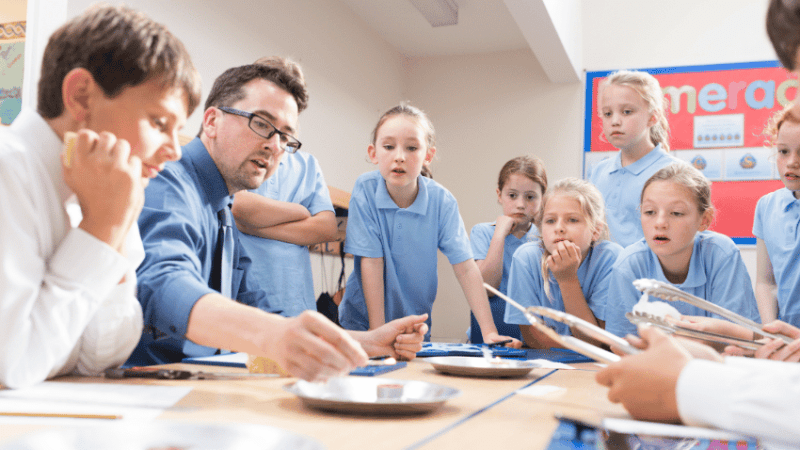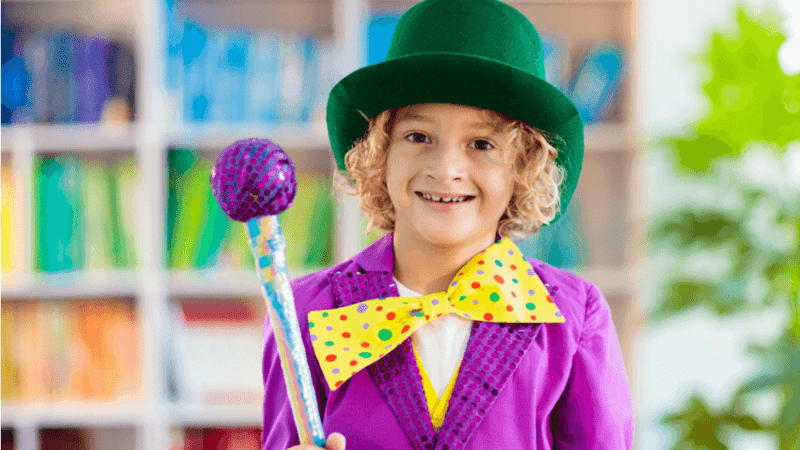Professor Alice Roberts’ education – “Great lessons spark curiosity”
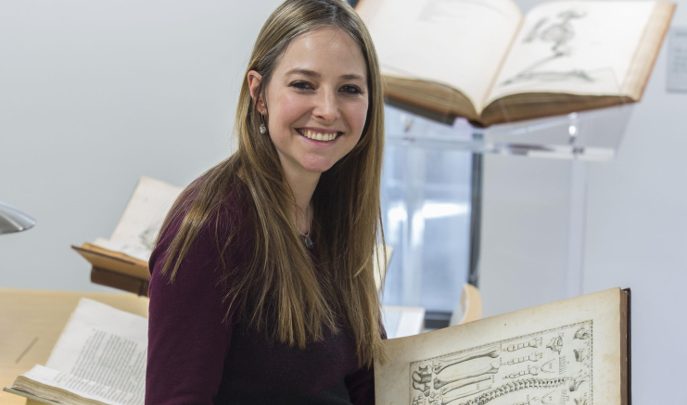
Professor Alice Roberts kept her options as open as possible at school – and would like today’s students to be able to do the same
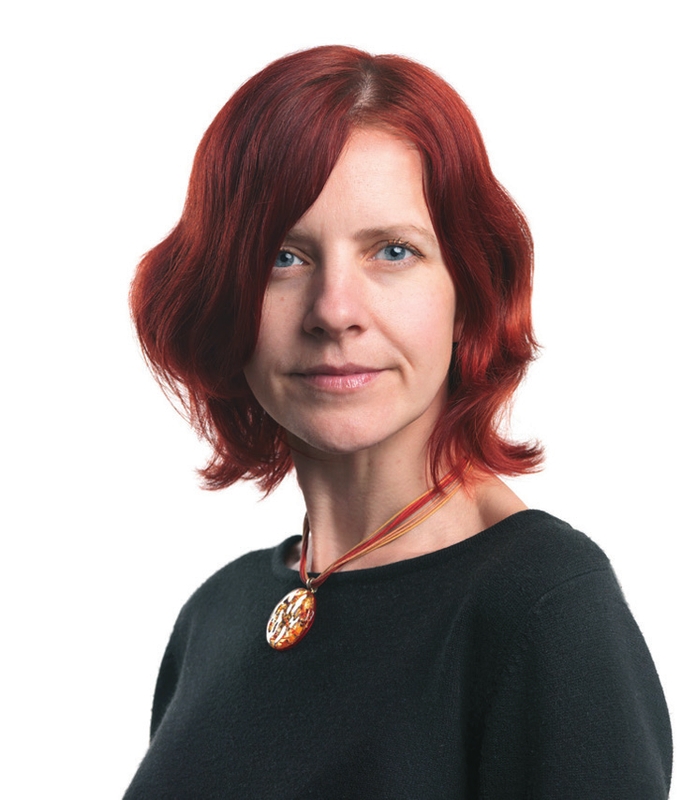
- by Helen Mulley
- Former editor of Teach Secondary magazine and award-winning podcast host
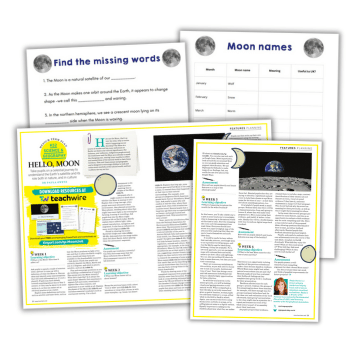
Professor Alice Roberts shares her love of learning, the need to break stereotypes in education, and why great teachers make all the difference...
I’ve always enjoyed learning. At school, I was a bookish kind of pupil who would take extra classes in Ancient Greek at lunchtimes.
I loved exploring a wide range of subjects, and I found it really hard moving from GCSEs to A levels – having to narrow my timetable down to just four options.
Biology, chemistry and physics were subjects I enjoyed – and I needed sciences for medical school – but I struggled with the idea of giving up history and classics, which I also loved. I couldn’t give up art – I ended up taking that, alongside three sciences, for A level.
This mix of courses was evidently so unusual – who would opt for physics and art? Well I did, so I effectively had to do the art in my spare time, with a wonderfully supportive art teacher, Mrs Sutherland.
Breaking stereotypes
Taking physics at A level didn’t raise any eyebrows at my single-sex school (Red Maids’, in Bristol). The notion of gender stereotyping in connection with particular subjects simply wasn’t something that we came across. Our teachers encouraged us to explore all the options. There was no suggestion that girls were especially suited to studying certain things and not others.
I think it’s a real shame that half of our state schools at the moment have no young women studying A level physics. If you don’t have those slightly older role models ahead of you, it must be difficult to know that these subjects are open to you. Schools have a big job on their hands to tackle these stereotypes.
Although I’d love to see more young women choosing to study subjects like maths and physics, I’m uncomfortable with the kind of language that suggests we should be forcing young people into courses of study that lead to specific careers we think our society needs. Instead, from an educational perspective, it’s important that they should all have the widest range of opportunities open to them.
It’s a question of tackling negative perceptions and making sure that students aren’t walking away from subjects because of misconceptions that they aren’t bright enough to succeed at them, or they are the wrong gender – or that if you are an artist, you can’t possibly be a scientist, too.
The power of great teachers
Great teachers play a crucial role, of course, and I was lucky to have some fantastic ones. Mrs Wood, for example, who taught Ancient Greek, was a real polymath and a huge influence on me. We were learning about history alongside the language, and she would link Greco-Persian conflicts with current affairs, encouraging us to make connections and develop a deeper understanding of politics as we expanded our knowledge.
That way of looking at the past – bringing it close, recognising that these were people just like us – has stayed with me It still influences my approach to history and prehistory. Mrs Wood also introduced me to the writings of Stephen Jay Gould – and I was gripped from the start – by his brilliant storytelling, his metaphor, and his determined resistance to dumbing down.
My physics teachers, Mrs Ross and Miss Jones, were very different characters, but both inspirational, too. They tapped into the enthusiasms of our group at A level, and somehow we managed to cover all the exam material whilst still having plenty of time to follow our own passions – quantum physics was a favourite addendum to lessons. The lessons would just spark off in all kinds of directions, according to what interested us – and we had the glorious feeling that learning could be something that we could lead.
Keeping curiosity alive
Heading off like this, following our own ideas and the passions of our teachers, made for some incredible, memorable lessons. That kind of creativity in classrooms seems undervalued today, and under-resourced. Good teachers still find a way to deliver it, I know, but they have to work under so many constraints.
I sincerely believe that learning is something that most people genuinely do enjoy. It’s a basic human characteristic.
If you go into primary schools, you can see just how enthusiastic the kids are about just about everything – how excited they are with each new discovery. If they get turned off by the time they are taking their GCSEs – and that seems to happen to a worryingly large number of them – then it’s almost certainly because of something we are or aren’t doing in schools.
I know that the best teachers can break out of the shackles of constraints, finding ways to light the touch paper, and inspiring their students. But I can’t help feeling that heavy-handed management and prescriptive curricula can too easily derail their best intentions. Teaching to the test is surely the worst that education should be – at any level. And I say all this as a previous President of the Association of Science Education!
Getting rid of negative stereotypes, and illuminating the range of opportunities that are there for young people could help to change that. Valuing our great teachers – that’s essential for the future of our society.
Professor Alice Roberts is an anatomist, anthropologist, broadcaster and author. She is Professor of Public Engagement in Science at the University of Birmingham.





